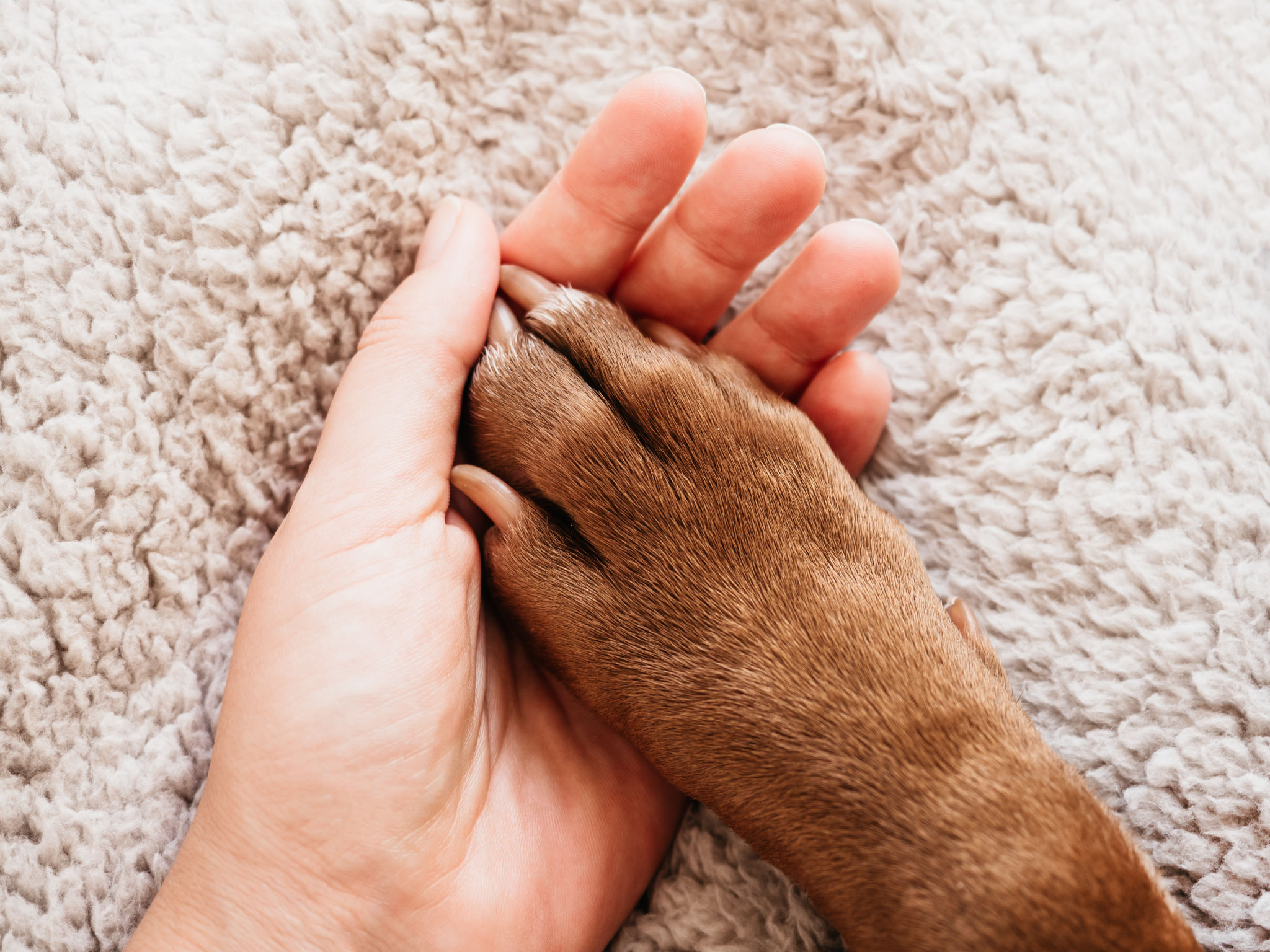Essential Winter Pet Care Tips for Local Pets in Antelope
DG
Understanding Local Winter Conditions
As the chilly season approaches in Antelope, it's important for pet owners to be aware of the specific challenges that winter brings. Local pets, whether they are used to the outdoors or prefer the comfort of the indoors, need special attention to stay healthy and happy during the colder months. Understanding the local weather patterns and preparing accordingly can make winter a more enjoyable experience for both you and your furry companions.

Keeping Pets Warm and Cozy
One of the primary concerns during winter is ensuring that your pets remain warm. For outdoor pets, consider providing a well-insulated shelter that is raised off the ground and away from cold drafts. An additional layer of straw or bedding can offer extra warmth and comfort. Indoor pets may also require a little extra warmth, so providing them with cozy blankets or pet-safe heating pads can be beneficial.
Dress Appropriately
For pets that are sensitive to cold, such as small breeds or those with thin fur coats, a pet sweater or coat can help maintain body heat. Ensure that any clothing you use is comfortable and does not restrict movement. Keep an eye out for signs of discomfort or overheating when using pet clothing.

Maintaining Hydration and Nutrition
Winter air can be dry, which might lead to dehydration in pets. Always ensure that your pets have access to fresh water. Check outdoor water sources frequently to prevent freezing. Nutrition also plays a critical role in maintaining your pet's health during winter. Depending on your pet's activity level, you may need to adjust their diet to provide more calories to keep them energized and warm.
Food Adjustments
If your pet is spending more time outdoors, they may require additional calories to produce enough energy to stay warm. Conversely, less active indoor pets might need fewer calories to prevent weight gain. Consult your veterinarian for advice on adjusting your pet's diet during winter.

Protecting Paws and Skin
Cold weather can be harsh on your pet's paws and skin. Snow, ice, and salt used on roads and sidewalks can cause irritation or injury. To protect your pet's paws, consider using pet booties or applying a protective balm before outdoor activities. Regularly check their paws for signs of damage or irritation and clean them after walks.
Skin Care Tips
Winter air can also dry out your pet’s skin. Use a humidifier indoors to maintain moisture levels in the air and consider adding omega-3 fatty acids to their diet to support skin health. If you notice excessive dryness or irritation, consult with your veterinarian for appropriate treatments.

Ensuring Safe Outdoor Adventures
While outdoor playtime is important, it's crucial to monitor the time your pets spend outside in the cold. Limit exposure during extremely cold temperatures and always supervise them closely. Be mindful of potential hazards such as frozen ponds, antifreeze spills, and other winter-related dangers.
Leash Safety
Keep your pets on a leash during walks to prevent them from wandering onto icy surfaces or into dangerous areas. Reflective collars or leash attachments are also recommended for visibility during low-light winter days.
Caring for your pets during Antelope's winter months requires some extra effort but ensures their comfort and well-being. By preparing ahead and making small adjustments, you can help your pets enjoy the season safely and happily.